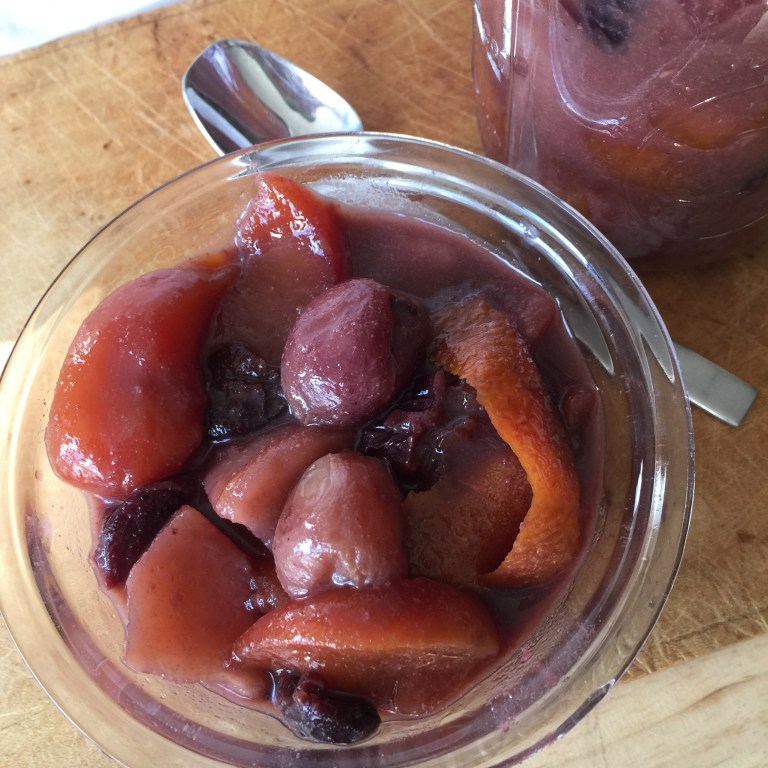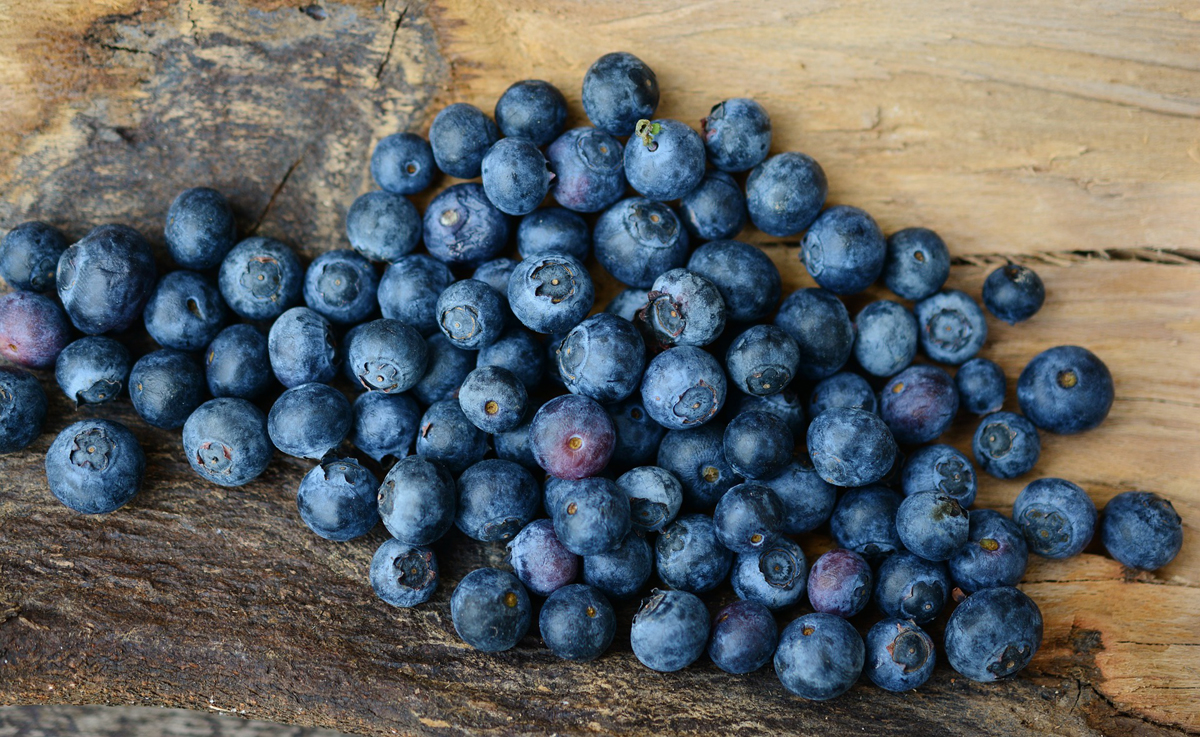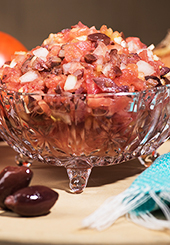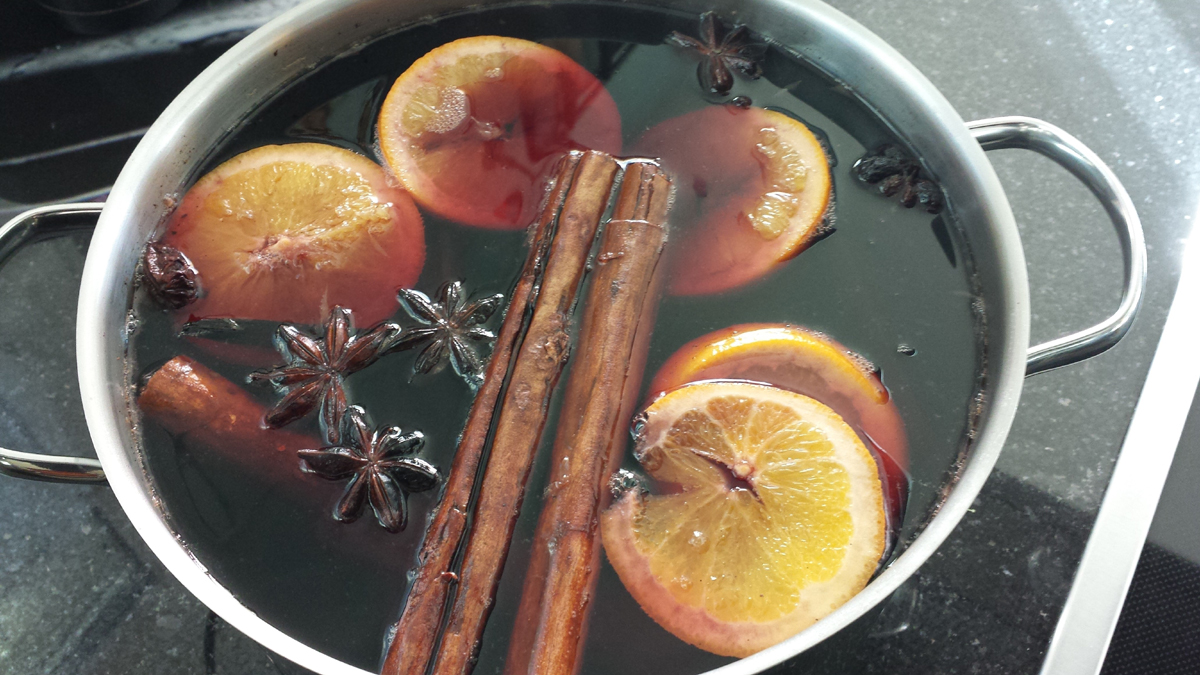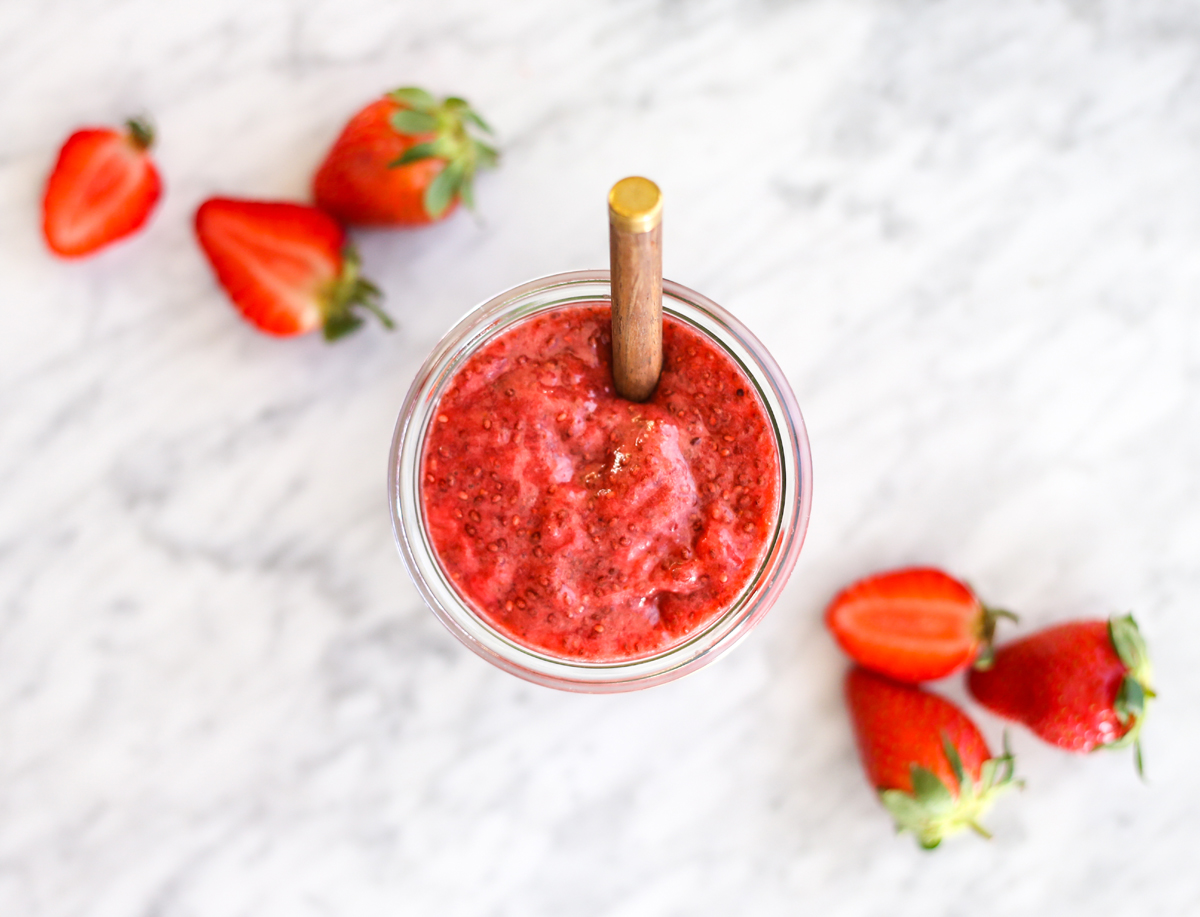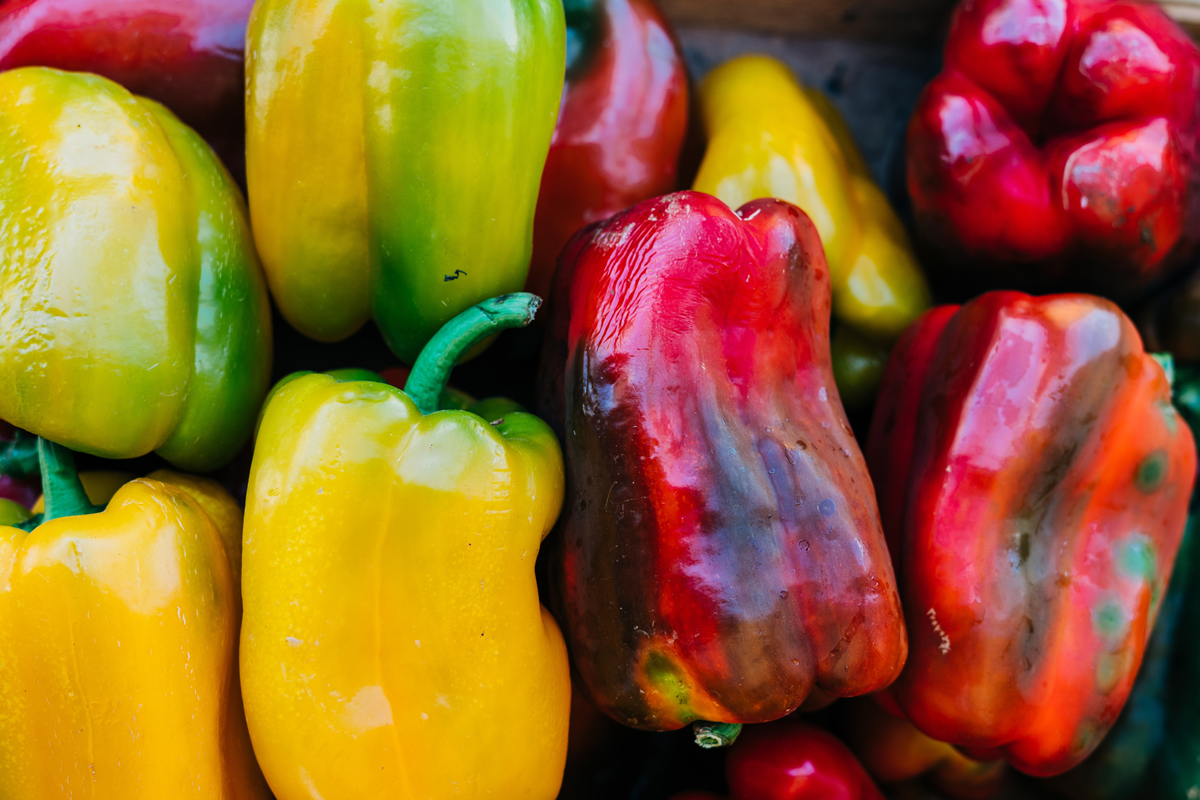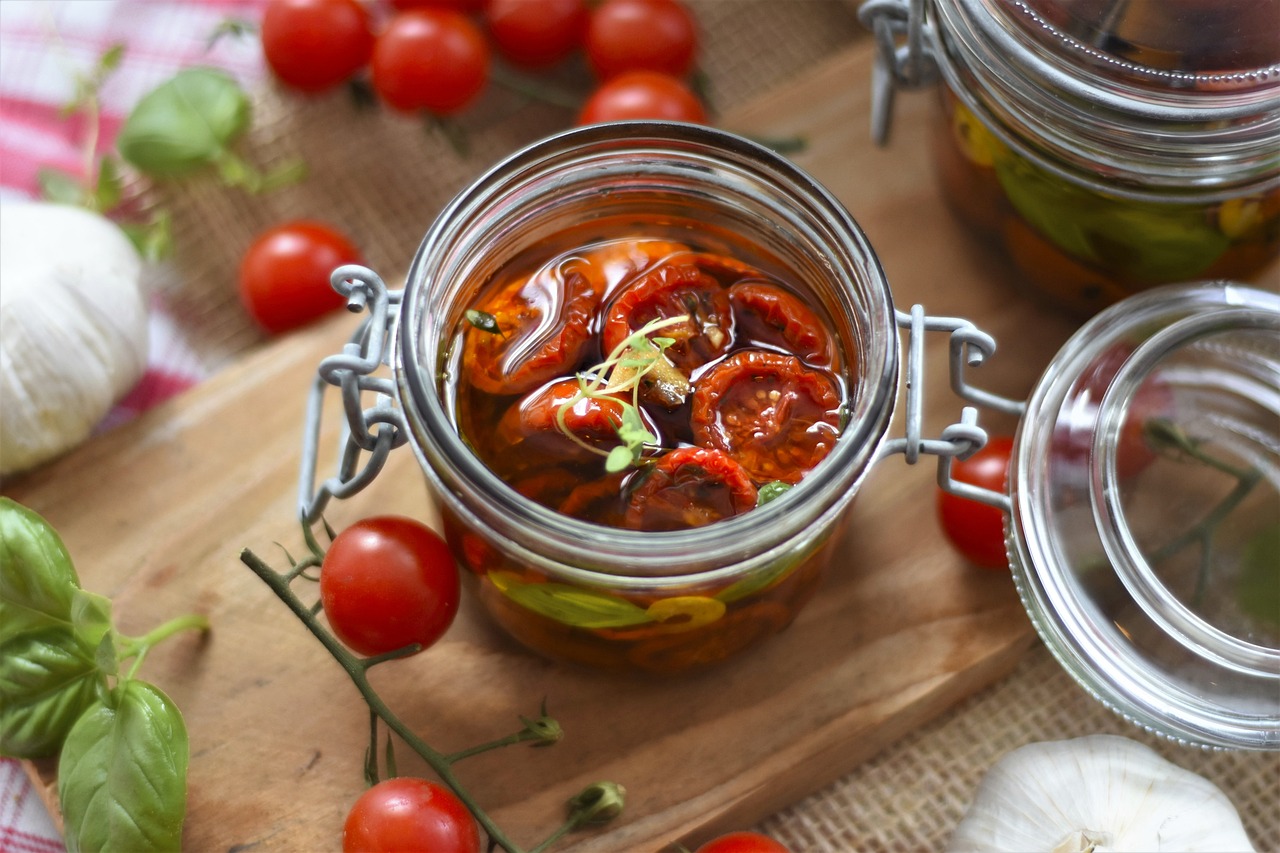Simply Elegant Oranges
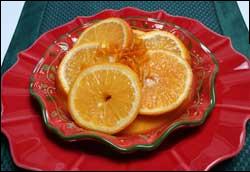
Oranges and orange juice are as commonplace today as peanut butter and hamburgers. But for well into the 20th Century, many Americans considered them a luxury. Originally brought from India and China to Europe and then to California and Florida, citrus fruits represented wealth and opulence. At this time of year, as we exchange gifts, consider the historic significance of offering your friends and loved ones oranges.
The way our food simply shows up at our grocery stores today, we’ve lost any sense of connection to the foods that we eat. So perhaps a brief agriculture lesson is in order. Orange trees present both ripe fruit and blossoms for the next crop at the same time. Fruit from one season is sometimes left on orange trees until the next harvest; called regreened oranges, these are the sweetest ones of all.
Every part of an orange offers its own pleasures. The bright orange skin, also known as the zest, is full of aromatic oils that smell so good they are frequently used in perfumes. The white, spongy part, or pith, which we avoid eating, includes flavonoids that offer antioxidant protection. Inside, an orange’s juicy flesh is deliciously sweet and rich in vitamins and minerals. In particular, oranges provide an excellent source of vitamin C as well as fiber. While eating the whole fruit offers the most health benefits, when you do want juice, squeezing it yourself is your best bet.
Returning oranges to the holiday treat they once were, I marinate sliced oranges with spices then whirl some of the marinade with apricot fruit spread, creating a jewel of a sauce. For an elegant finishing touch, I top the oranges with candied zest. Serve this elegant dish alone or alongside frozen yogurt or angel food cake.
Spiced Oranges
– Makes 4 servings.
Ingredients:
- 5 medium navel oranges
- 3/4 cup sugar, divided
- 3 cups cold water
- 4-inch cinnamon stick
- 2 whole cloves
- 1/2 star anise (or 1/4 tsp. anise extract)
- 1/2 cup apricot fruit spread
Directions:
Using a vegetable peeler, remove 4 strips of zest, each 1-inch by 3-inches, from one of the oranges, and set aside.
Cut each of the remaining four oranges horizontally into 4 or 5 round slices (skin not removed). Place the sliced fruit in a wide bowl or container, cover, and set aside.
For the syrup, place 1/2 cup of the sugar in a medium saucepan. Add the cold water, cinnamon, cloves, star anise, and reserved strips orange zest, and set the pot over medium-high heat. Boil the liquid until it is reduced to 2 cups. Set it aside to cool for 20 minutes. Remove and reserve the orange zest, and discard the spices. Pour the syrup over the sliced oranges. Cover and refrigerate for 24 hours.
Meanwhile, place the remaining 1/4 cup sugar in a heavy saucepan. Pour in 1/2 cup water and add the orange zest. Place the pot over medium-high heat. When the liquid boils, reduce the heat and simmer gently for 10 minutes, or until the zest looks translucent and shiny. Using a fork, remove it and place on a wire rack to dry, 8 to 24 hours. With a sharp knife, cut the candied zest crosswise into thin strips.
Just before serving, strain off 1/2 cup of the liquid from the oranges and place in a mini-food processor or blender. Add the apricot fruit spread and whirl just until blended; if using a blender, use low speed so mixture does not froth. Divide the sauce among 4 wide, shallow dessert bowls. Add the oranges, arranging them on top of the sauce. Sprinkle on the candied zest, and serve.
Per serving: 260 calories, 0 g total fat (0 g saturated fat), 70 g carbohydrate, 2 g protein, 3 g dietary fiber, 15 mg sodium.
The Author:
“Something Different” is written by Dana Jacobi, author of 12 Best Foods Cookbook and contributor to AICR’s New American Plate Cookbook: Recipes for a Healthy Weight and a Healthy Life
The American Institute for Cancer Research (AICR) offers a Nutrition Hotline online at www.aicr.org or via phone 9 a.m. to 5 p.m. ET, MondayFriday, at 1-800-843-8114. This free service allows you to ask questions about diet, nutrition and cancer. A registered dietitian will respond to your email or call, usually within 3 business days. AICR is the only major cancer charity focusing exclusively on how the risk of cancer is reduced by healthy food and nutrition, physical activity and weight management. The Institute’s education programs help millions of Americans lower their cancer risk. AICR also supports innovative research in cancer prevention and treatment at universities, hospitals and research centers across the U.S. Over $82 million in funding has been provided. AICR is a member of the World Cancer Research Fund International.

